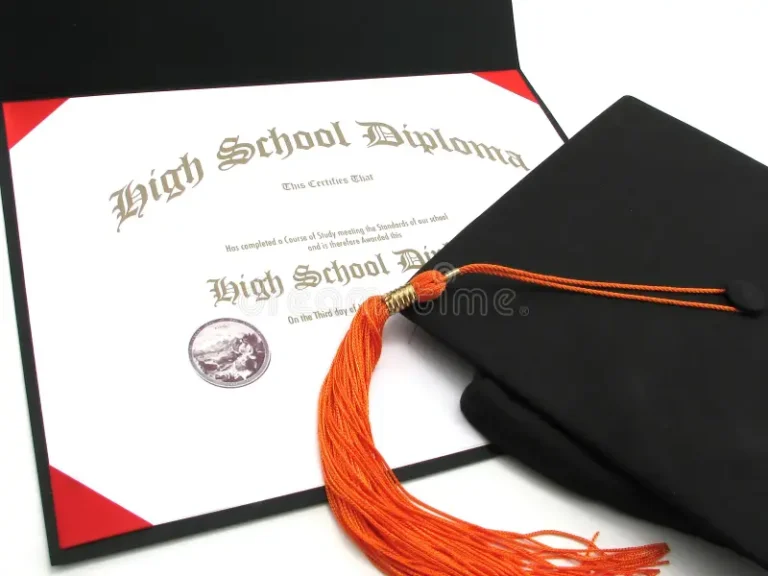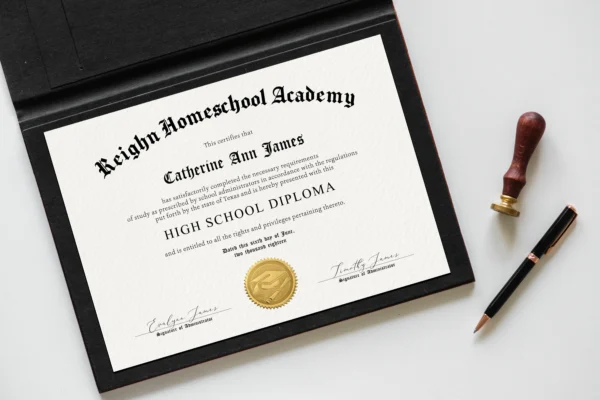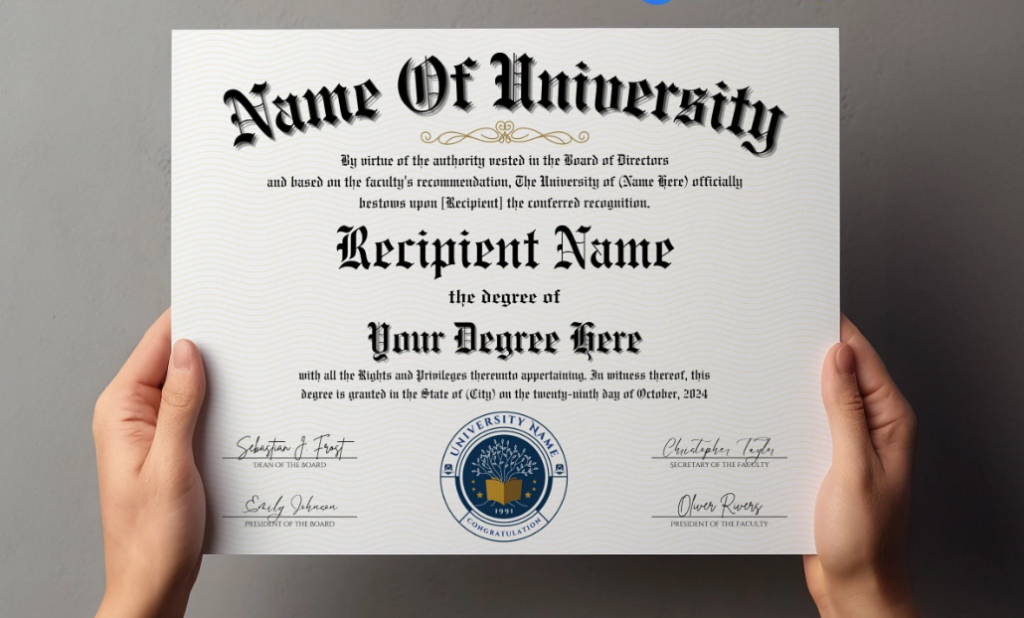Where Can You Fake a Degree: The Legality of Getting A Fake Degree

28
AUG
Where Can You Fake a Degree: The Legality of Getting A Fake Degree
With countless websites offering replica diplomas at the click of a button, it’s natural to wonder: can you fake a degree legally, or could it land you in serious trouble? The truth is that the legality often depends less on the document itself and more on the intent behind using it. In this blog, we will examine the key legal factors surrounding fake degrees. By understanding these distinctions, you can see where the legal boundaries lie and why responsible use is so important!
Legal Factors To Consider When Getting A Fake Degree
General Legal Standing
Most legal systems classify novelty fake degrees as non-binding items with no enforceable value. Because they do not grant academic rights or professional recognition, their existence is often treated in the same way as decorative certificates or souvenirs. What matters here is that the document has no legal power; it cannot be registered, accredited, or substituted for an official qualification in any recognized institution. This distinction makes it clear that ownership alone is generally not prohibited.
Intent Of Use
Legal consequences often hinge on how the degree is used rather than its existence. Many people ask, “Can you fake a degree just for fun or display?” The answer is generally yes, a novelty certificate framed on a wall as a prank, a joke gift at a party, or a prop in a stage production usually raises no concerns. However, once the same document is introduced into employment, immigration, or educational applications, it shifts into potential fraud. This sharp line shows that the law evaluates conduct and motive more heavily than the piece of paper itself.
Novelty Classification And Disclaimers
One important safeguard for both sellers and buyers lies in the novelty label. Reputable vendors often have a disclaimers such as “Not a Valid Academic Document” or “For Entertainment Purposes Only.” These disclaimers are not decorative; many jurisdictions legally require them to prevent misuse. For example, Illinois’ Public Act 93-0239 mandates that any fake degree must clearly display the wording “for novelty purposes only.” More importantly, the law specifies that attempting to use such a document for employment or educational admission is treated as a Class A misdemeanor. This legal standard highlights how disclaimers separate legitimate novelty products from fraudulent forgeries while making it clear that misuse carries direct penalties.
Regional Variations
Jurisdictions do not treat novelty fake degrees uniformly. Depending on where you live, the answer to can you fake a degree may differ. Some countries openly allow novelty certificates and even sell them in gift shops or online markets. In others, restrictions exist on how closely a replica can resemble local university documents, particularly if crests, emblems, or institutional names are copied. For instance, a novelty degree using a national university’s official seal might be banned in one country while being freely sold in another. These regional contrasts show that legality depends heavily on where the item is obtained or displayed.
Clear Separation From Counterfeit Documents
The strongest legal boundary is between novelty items and outright counterfeits. A counterfeit academic record is intentionally designed to deceive, often backed by forged transcripts, fabricated student numbers, or realistic security marks. These are prosecutable under fraud and forgery laws. A novelty degree, on the other hand, is explicitly unserious, often with exaggerated titles or humorous wording. Understanding this separation matters because counterfeit use carries criminal liability, while novelty ownership usually does not.
Intellectual Property Infringement
Even when a fake degree is sold for entertainment, using university logos, seals, or names can trigger trademark or copyright violations. Many universities actively monitor unauthorized use of their intellectual property, and enforcement actions can affect both sellers and buyers. For example, creating a novelty degree that closely replicates a university crest could be considered infringement in some jurisdictions, even if the certificate is only for decorative purposes. Choosing designs that avoid protected elements or using generic emblems ensures that novelty degrees remain fully compliant with intellectual property laws.
The Last Word
It is important to remember the reputational and practical context surrounding fake degrees. While novelty degrees are designed for entertainment, decoration, or gifting, using them in professional or official settings can create confusion. Employers, licensing boards, and academic institutions are increasingly using verification services, making it essential that novelty items are clearly distinguished from real credentials. By choosing responsibly designed certificates from trusted providers like Diploma Makers, individuals can enjoy the aesthetic and creative value of novelty degrees while ensuring they remain decorative and legally appropriate.




